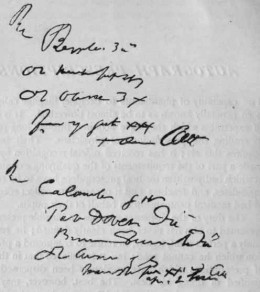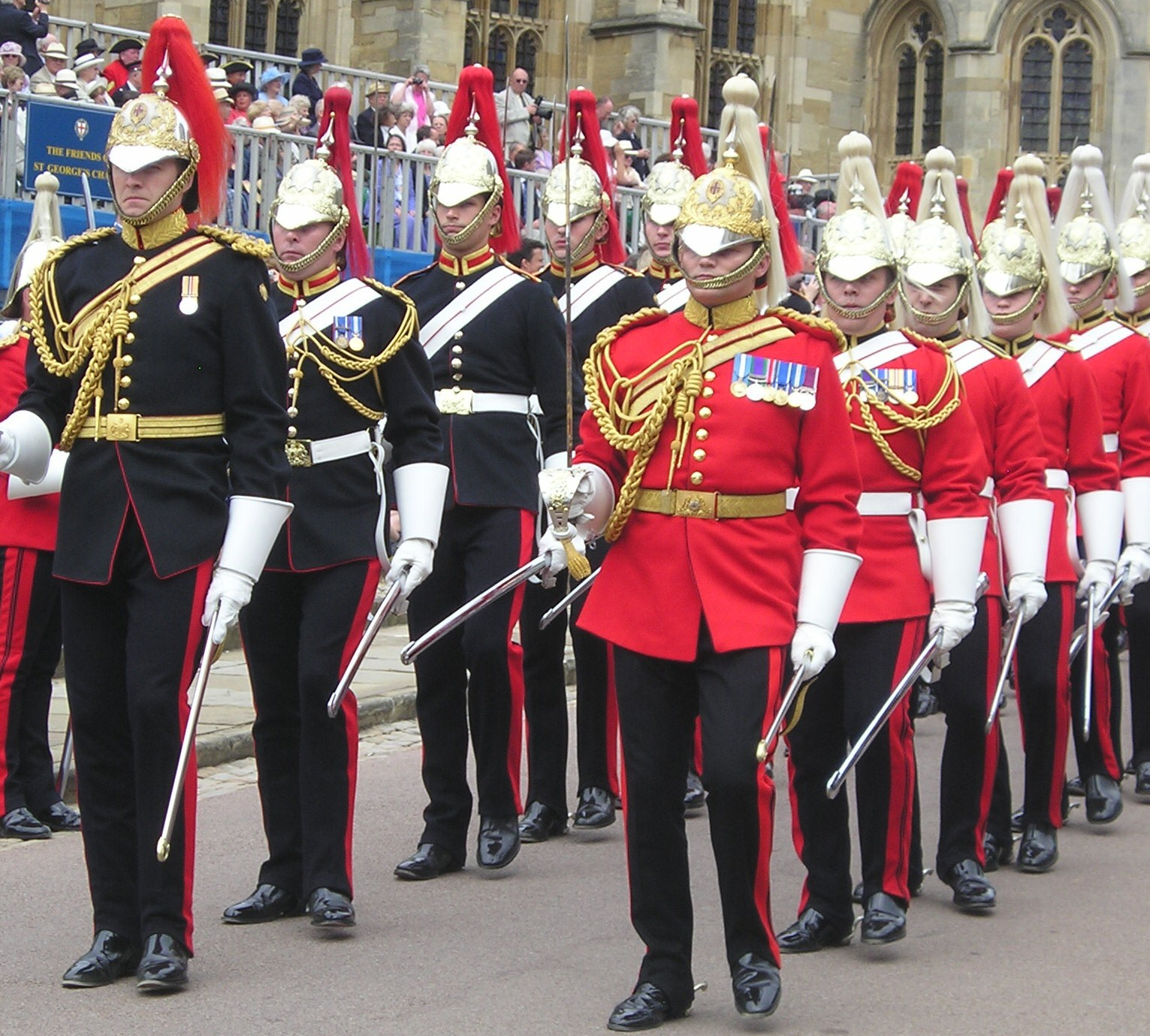Muselet
A wire cage that fits over the cork of a bottle of champagne, sparkling wine or beer to prevent the cork from emerging under the pressure of the carbonated contents.
The muselet was invented in 1844 Adolphe Jaqueson to improve the seal on champagne bottles. The design has been improved over the years with the use of twisted steel wire for added strength and a metal cap.
The word is derived from the French museler, to muzzle.
Category Archives: words
Word: Thixotropic
Thixotropic
Of fluids and gels, having the property of viscosity that decreases when stressed (by stirring or shaking) and returning to the semi-solid state upon standing.
Hence thixotropic paints, which are essentially non-drip because they return to the more solid state quickly following the cessation of stress stirring, brushing).
Some clays are thixotropic, which is important in structural and geotechnical engineering. Landslides, such as those common in the cliffs around Lyme Regis, Dorset and in the Aberfan spoil tip disaster in Wales are evidence of this phenomenon.
Some thixotropic fluids, for example ketchup, return to a gel state almost instantly while others such as yoghurt take much longer.
The word is derived from the Greek thixis, touch + -tropy. The OED gives the first usage in 1927.
Word: Carabiner & Piton
Carabiner or karabiner
An oblong metal ring with a spring clip, used in mountaineering to attach a running rope to a piton or similar device.
The word is a late introduction (1932 according to the OED) from the world of mountaineering; it is a shortened form of the German karabiner-haken, spring-hook.
Piton
A metal spike fitted at one end with an eye for securing a rope and driven into rock or ice as a support in mountain climbing.
A slightly earlier introduction (1898) which derives from the French mneaning a “ring-bolt”.
Oddity of the Week: George Borrow
[George] Borrow was a walker of awesome stamina and a linguist of almost inconceivable talent, who is said to have been able to speak twelve languages by the time he was eighteen and to have been competently acquainted with more than forty — including Nahuatl, Tibetan, Armenian and Malo-Russian — over the course of his life. In the winter of 1832—3 the British and Foreign Bible Society invited him at short notice to an interview in London, wanting to see if he could translate the Bible into a number of difficult languages. The society liked what they saw and commissioned Borrow to translate the New Testament into Manchu. What Borrow hadn’t told them was that he did not have any Manchu. No problem. Once the job was landed, he acquired ‘several books in the Manchu-Tartar dialect’, and Amyot’s Manchu-French (French!) dictionary. Then he travelled home (by coach, understandably) and shut himself up with the books. Three weeks later he could ‘translate Manchu with no great difficulty’, and fulfilled the society’s commission.
From Robert Macfarlane; The Old Ways: A Journey on Foot
Word: Bindlestiff
Bindlestiff
A hobo, especially one who carries a bedroll.
According to the OED a bindle (which is American slang) is “a bundle containing clothes and possessions, especially a bedding-roll carried by a tramp”. Hence a bindleman or bindlestiff, is a tramp who carries such a bundle.
Word: Xenodochium
Xenodochium
A house of reception for strangers and pilgrims; a hostel, guest-house, especially in a monastery.
From the Greek ξένος a stranger + δέχεσθαι to receive.
First recorded by the OED a in use as late as 1612.
Word: Griffonage
Griffonage
Scribble. Illegible handwriting.

This is an affliction with which I have, according to my father, been blessed from the earliest age — my handwriting always did look like an arthritic spider had crawled out of the inkpot and it is still getting worse!
The derivation is from the French griffonage, griffonner, to write badly or scrawl. The OED records the first documented usage as 1832.
Word: Pinniped
Pinniped
1. Belonging to the Pinnipedia, a suborder of carnivorous aquatic mammals that includes the seals, walruses and similar animals having fin-like flippers for locomotion.
2. A mammal of the suborder Pinnipedia.

Like many such scientific terms the word is derived from the Latin and was first used in 1842.
Word: Aiguillette
Aiguillette
An ornamentation worn by certain military officers consisting of cords with metal tips.

This is a surprisingly recent import from French, with the OED giving the first recorded English usage is 1816.
Word: Hypergamy
Hypergamy
In anthropology and ethnology …
1. A custom that forbids a woman to marry a man of lower social status.
2. Any marriage with a partner of higher social status.
According to the OED the term was first used by W Coldstream circa 1883.
